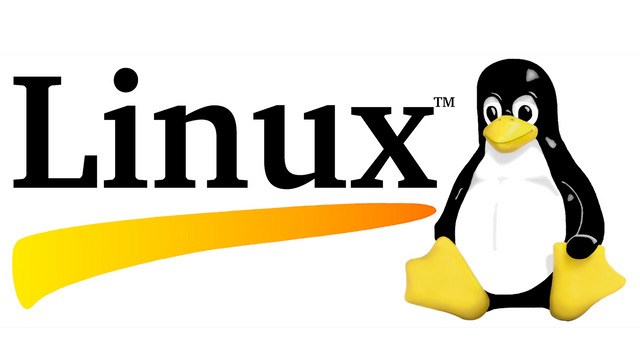
Everyone knows Windows is the most popular and most widely used operating system in the world, followed by other operating systems such as Mac OSX and Linux. But today, the post will be about the Linux OS.
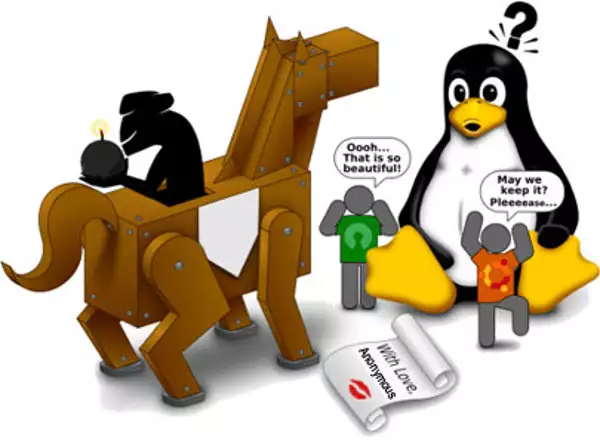
The main reason for writing this post today, is the idea that some Linux users have about Linux as a secure and safe OS that can not be penetrated and hacked. Also, other Linux users think that by using it, they will not encounter the types of viruses that attack the Windows operating system.
So, lets see if Linux is really secure and safe as its fans think.
What is the definition of a secure operating system?!
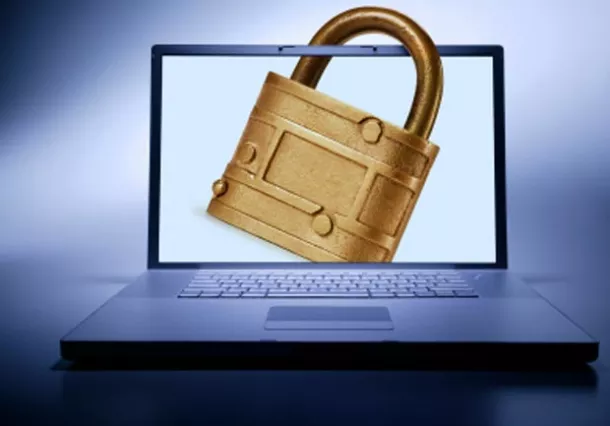
The security of any operating system is an attribute that is subject to too many factors. These factors include the design of the system itself, the number of gaps in it (often arising from software errors), the speed and efficiency of filling these gaps, and other factors unrelated to the system's design such as the external programs you normally work on, and the user himself/herself and his or her level of awareness.
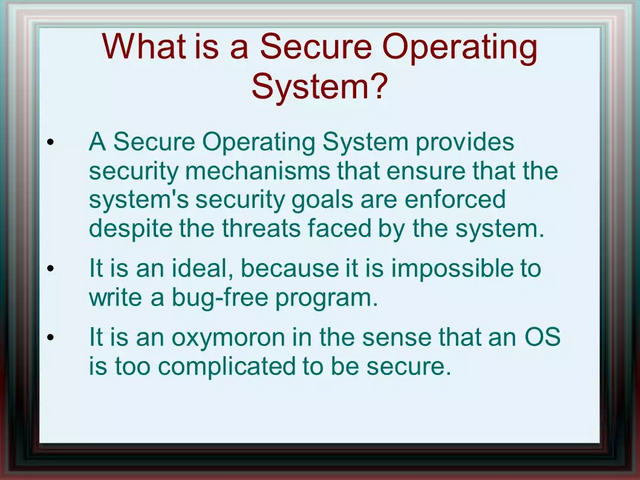
Therefore, we see that the definition of security of an operating system is highly confusing, and security itself is subject to many factors that may not be related to the operating system itself.
Is Linux more secure and safe than Windows ?
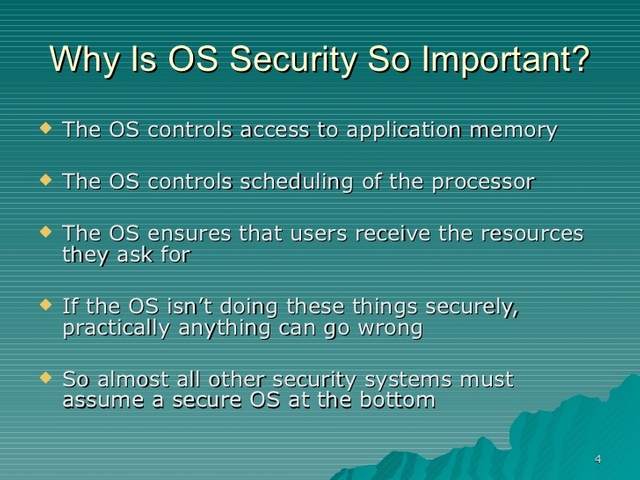
Let us review a scientific research that tried to answer this question.
FORRESTER RESEARCH

Forrester Research has tried to answer the difficult question, which is safer, Windows or Linux?
The research was based on the number of gaps that appeared in all Windows systems and Linux systems between June 1, 2002 and May 1, 2003, It also relied on the ICAT classification of high-risk gaps, which states that the gap is highly risky when it leads to control the system by a hacker.

The research calculated the number of "days of danger" between the discovery of the gap and the appearance of a corresponding treatment. Forrester also took into account the gaps that exist in the programs associated with the operating system. For example, the Windows, Internet Explorer and SQL Server gaps were all considered together.
The results were surprising,
- Windows systems detected 126 vulnerabilities, of which 86 are classified as high-risk.
- Microsoft has been able to fix all the gaps at 100% success at a record time of 25 days.
- Redhat had 229 gaps, of which 128 were high-risk gaps, and it needed 57 days to fix 99.6% of gaps (ie, they left one gap untouched).
- Debian distro discovered 286 vulnerabilities, 57% of which were high-risk, and it needed 57 days to fix 99.6% of the gaps.
- The Mandrake distribution contained 199 loopholes, 120 of which were high-risk loopholes, and it needed 82 days to fix 99% of the gaps.
- SUSE has 176 loopholes, 111 of them were high-risk, and it needed 74 days to repair 97.7 of them.
Based on this research, we see that:
- Windows gaps are generally less than all Linux distributions in term of numbers.
- Microsoft has been able to fill the gaps faster and more efficiently because it controls the source codes completely. While in Linux, fixing these gaps need a lot of collaboration, coordination, and time.
Can Linux OS be penetrated and hacked?

Simply, yes. Linux can be hacked just like any other operating system. For example, hackers can penetrate the system by detecting security holes or development bugs, and take advantage of them. But, you hear and read a lot stories about Windows and its problems with hackers. While you almost don't hear anything when it comes to Linux. Why?
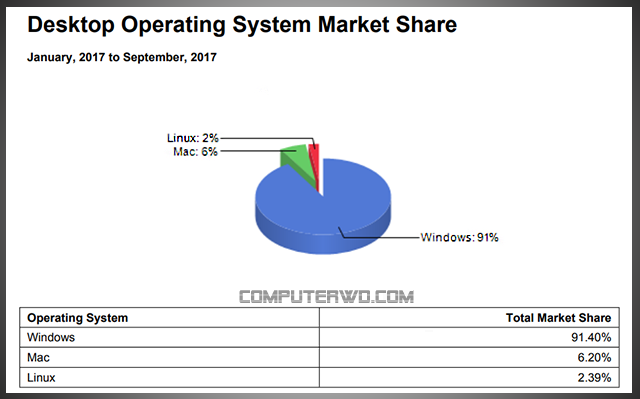
The answer to this question will be in numbers. The key here is the number of users of both systems. As you can see in the image above, the market share of Windows this year is 91%, this number makes the Windows system the most vulnerable OS and hackers favorite target. In the other hand, if Linux got hacked, the 2% wouldn't even care, and no one would talk about an attack that affected few users.
I am pretty sure you have heard about WannaCry ransomware, one of the most powerful attacks that infected the Windows system this year. Now, The question is .. Why it didn't infect Linux?
The answer to this question is also simple. The hackers would be more interested in an OS used by 91% of the operating systems users rather than an OS used by only 2% of the users. Does this seem convincing?
Windows VS Linux
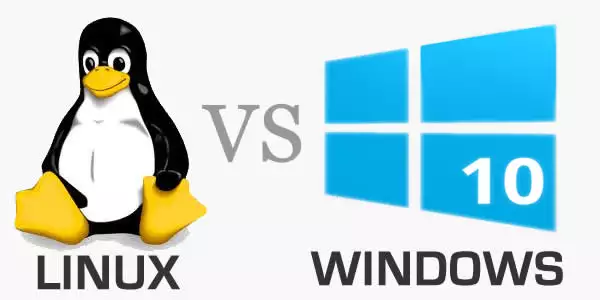
When comparing Windows and Linux in terms of safety and security, Linux would be the safest of course, not because Linux offers a higher degree of protection. But because Linux has fewer users, and therefore it is not targeted by hackers.
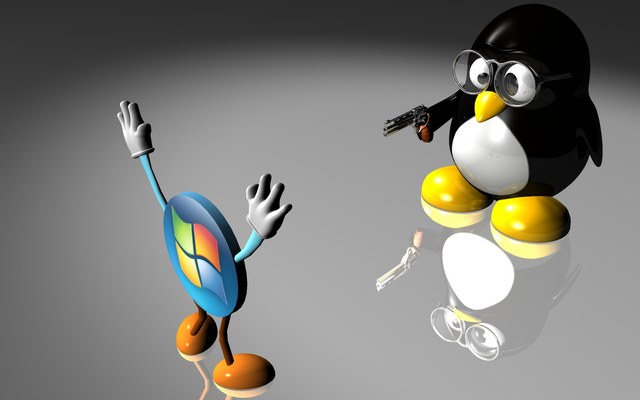
I hope you have a better understanding now of Linux in terms of securing and safety, and that there is no diffidence between Windows and Linux when it comes to the degree of protection. They all the same, and the decision is up to the hackers which system they like to target more.
Sources:
http://old.seattletimes.com/html/businesstechnology/2002182315_security17.html
https://news.sophos.com/en-us/2015/03/26/dont-believe-these-four-myths-about-linux-security/
Forrester Research study Link: http://www.eweek.com/servers/linux-vs.-windows-which-is-more-secure
Posted on Utopian.io - Rewarding Open Source Contributors
Windows is only the most widely used Desktop Operating System.
If you look at the mobile market or server market the numbers are different.
Also to chime in on the security aspect of operating systems, I think the user of the system itself is the biggest factor regarding how secure a system is.
Downvoting a post can decrease pending rewards and make it less visible. Common reasons:
Submit
Thank you for your contribution.
It cannot be approved yet because it is not as informative as other contributions. See the Utopian Rules.
Please edit your contribution and add try to improve the length and detail of your contribution (or add more images/mockups/screenshots), to reapply for approval. But also when making similar claims, please backup your findings with actual research links and details.
Also for blog posts, they need to have a recurring format and be widely informative.
Once done with the edits, please notify us to recheck
You can contact us on Discord.
[utopian-moderator]
Downvoting a post can decrease pending rewards and make it less visible. Common reasons:
Submit